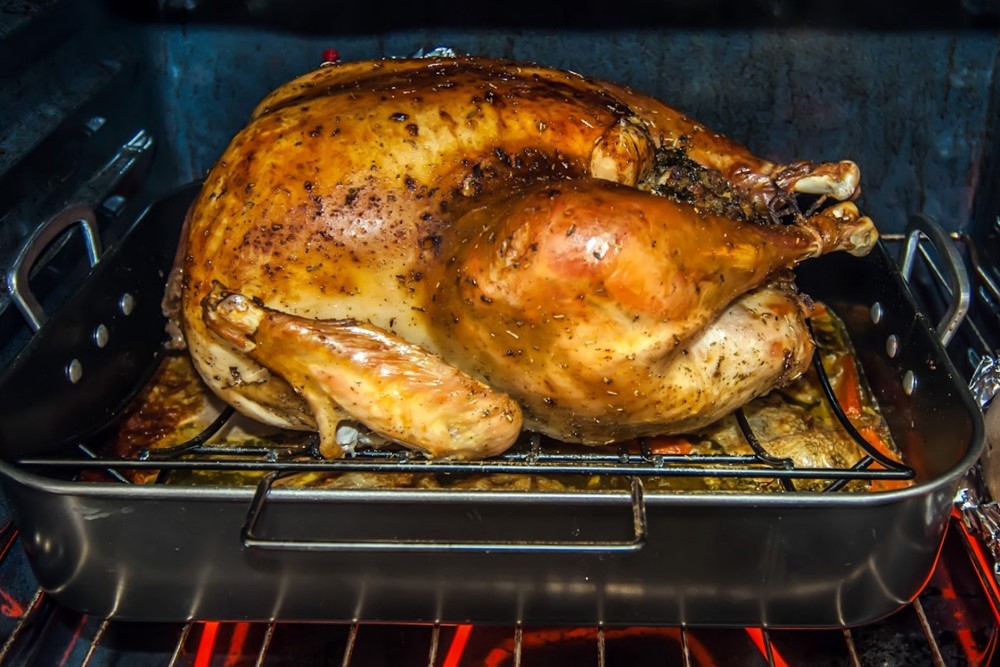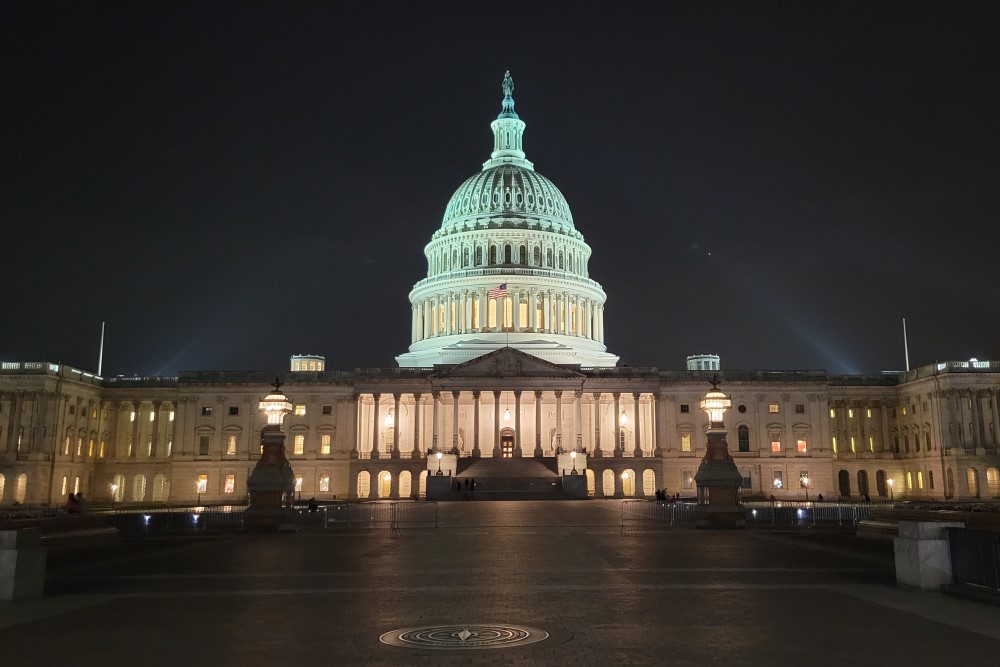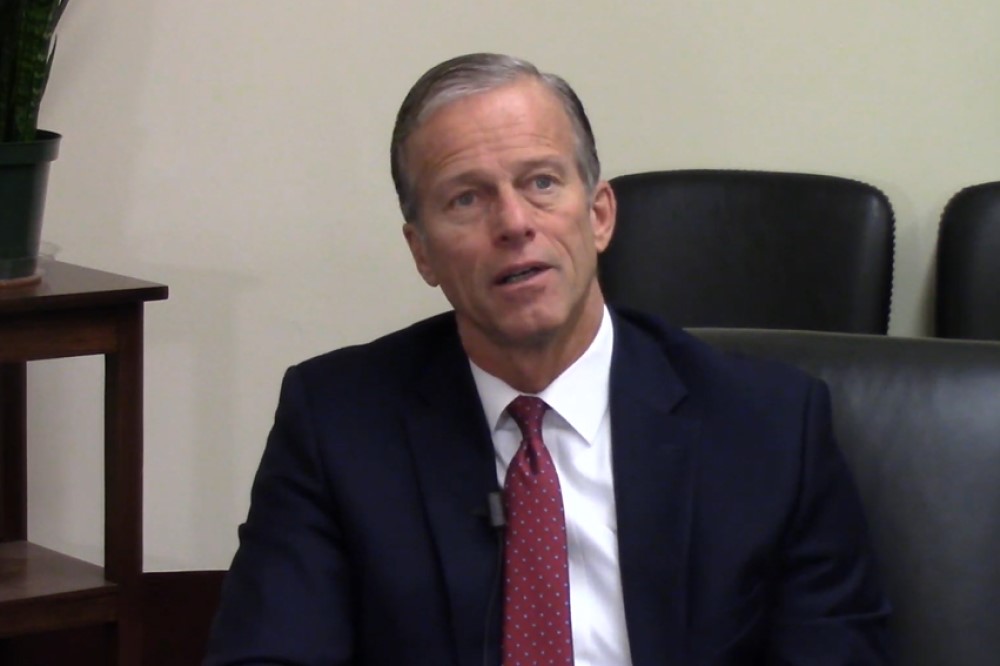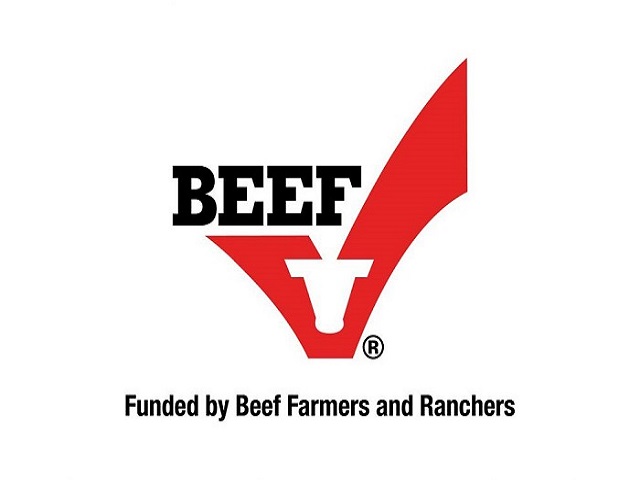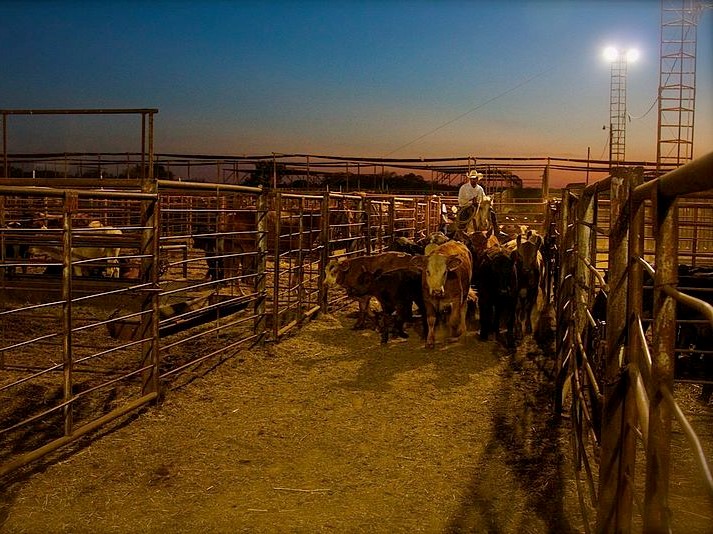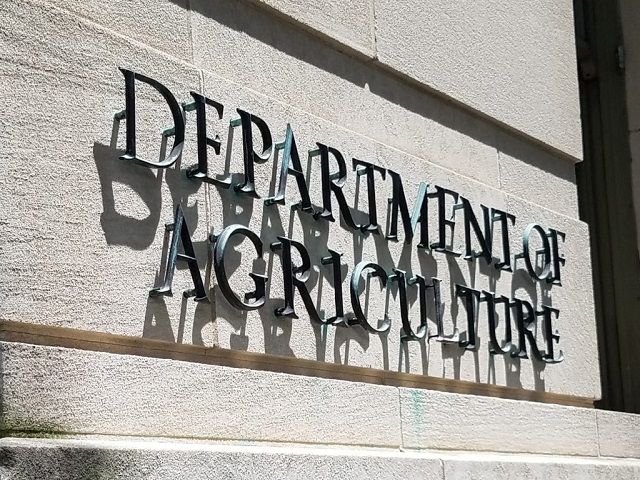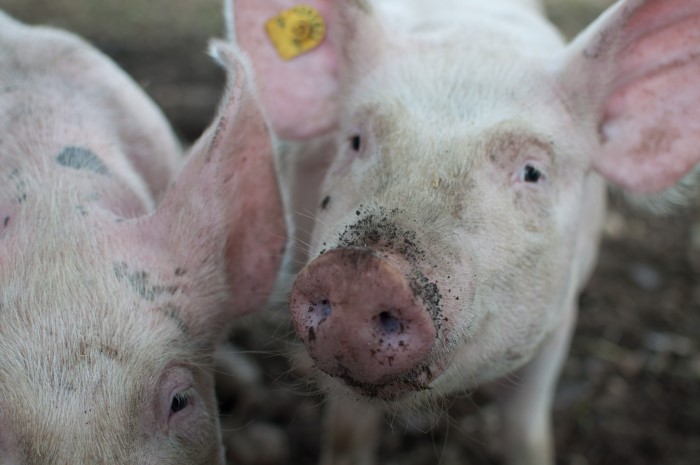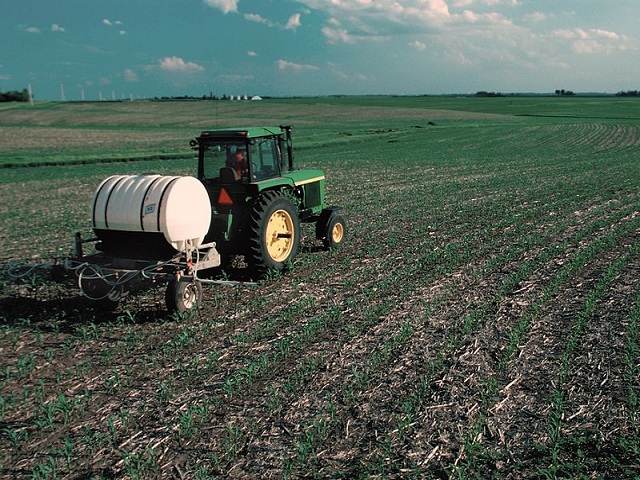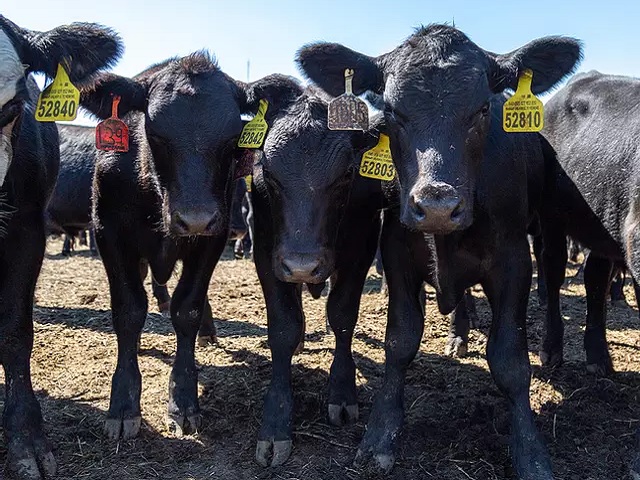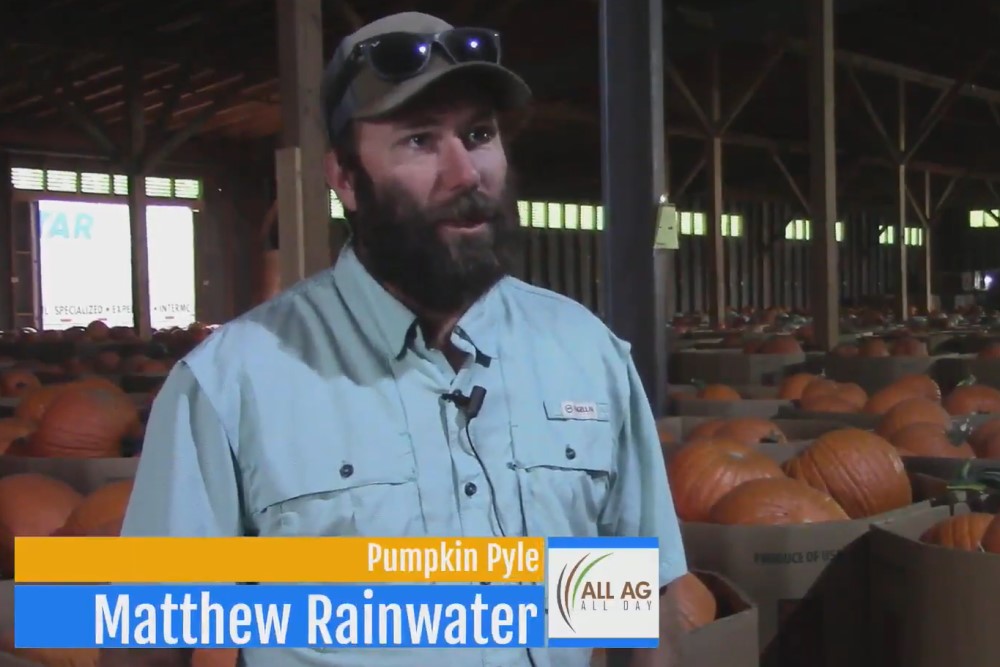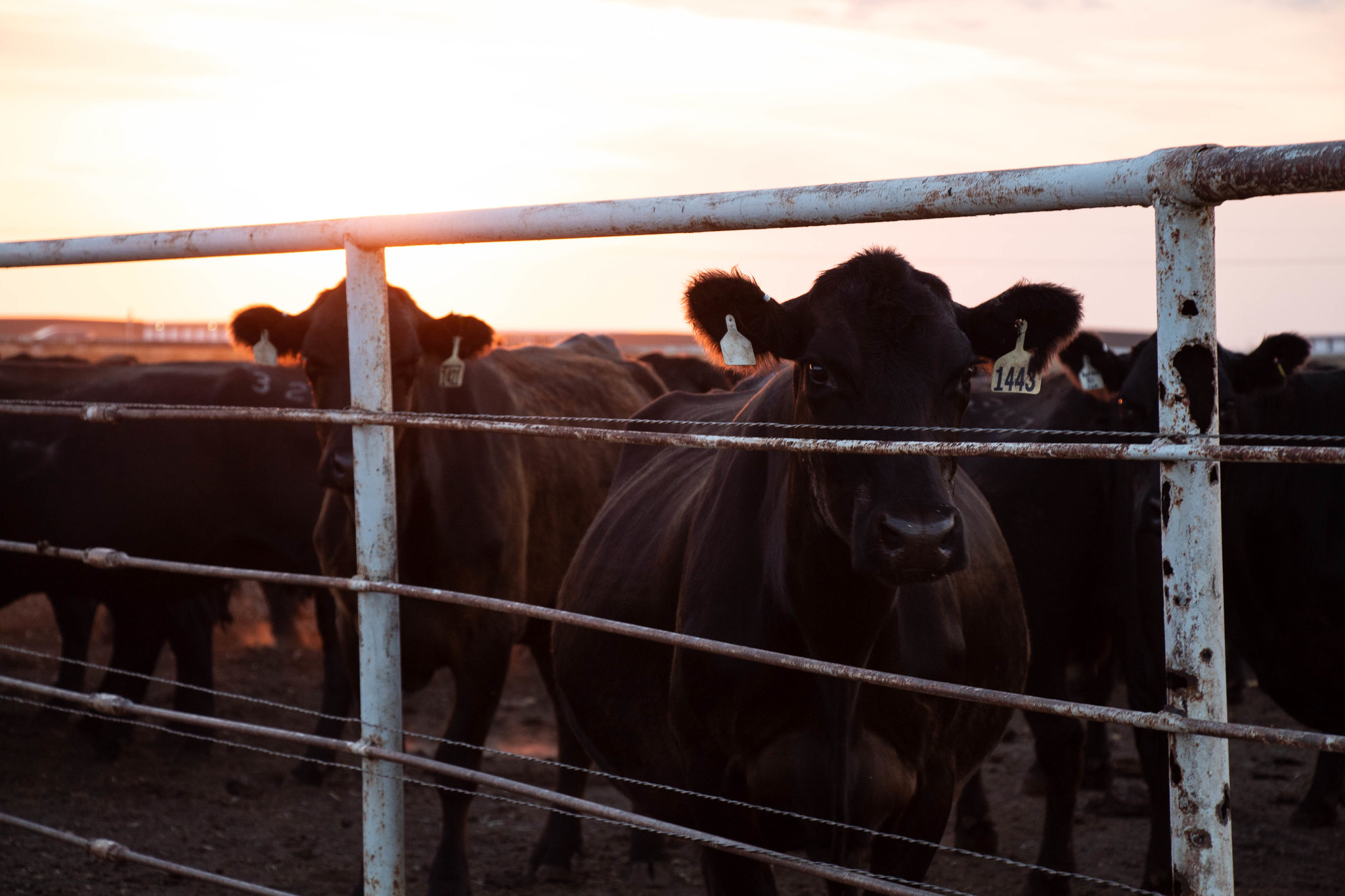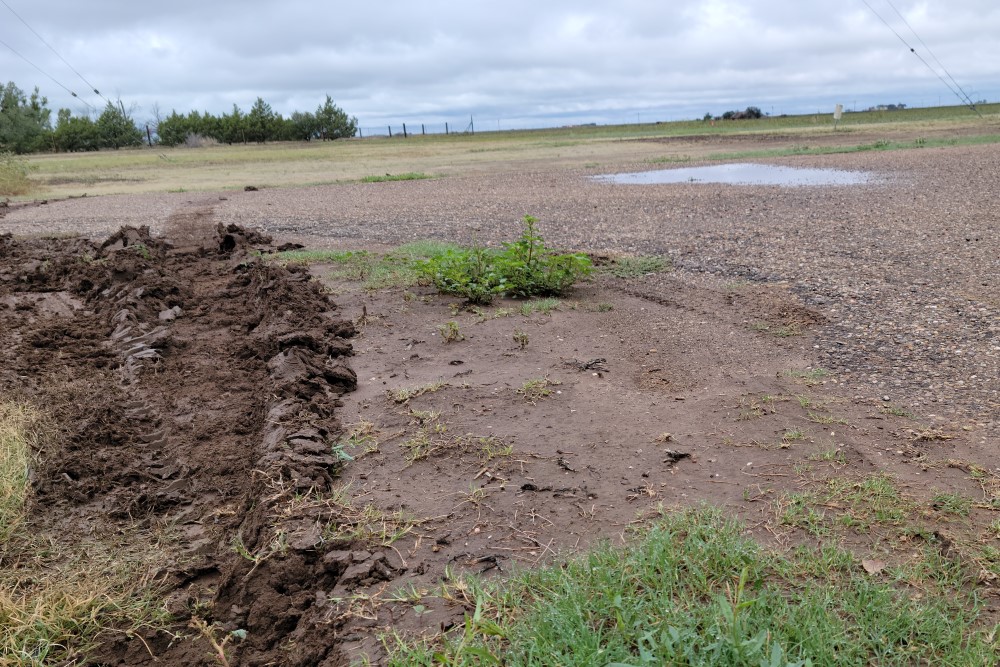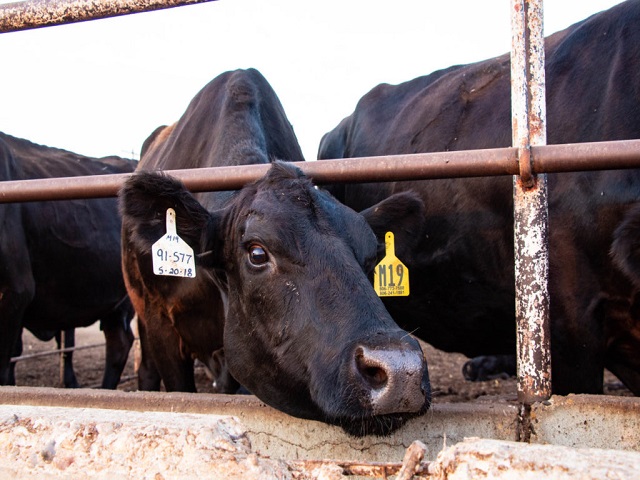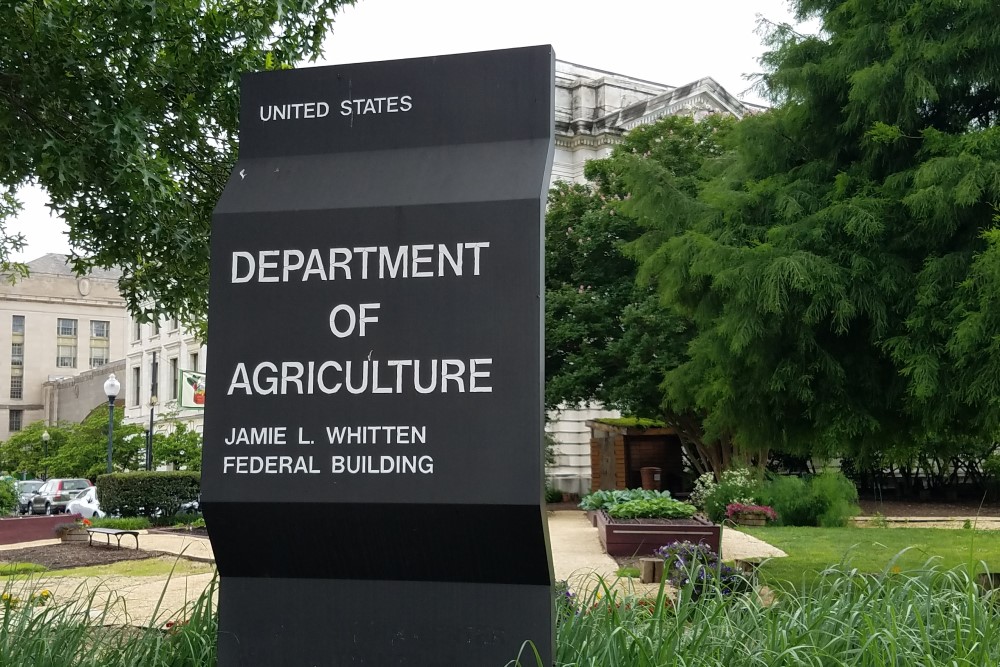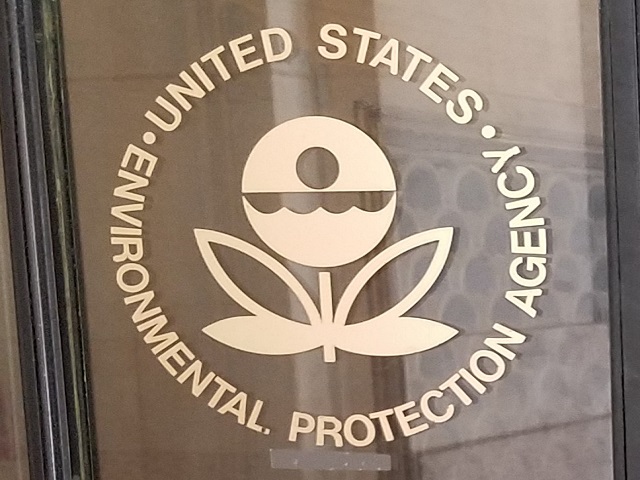Fly Control Sends Agriculture Back to EPA Doorstep
WASHINGTON, DC – With assurances from the Environmental Protection Agency (EPA) that there would be an open-door policy for agriculture in the Biden Administration, ag groups are finding the need to visit on a regular basis.
One issue has been EPA’s reversal of the Navigable Waters Act, restoring the Waters of the U.S. Rule (WOTUS) to an era of what Missouri Attorney General Eric Schmitt called an “unprecedented federal overreach.”
The latest knock on Administrator Michael Regan’s door is from more than 35 livestock, poultry, and egg groups who are asking the EPA to reconsider a proposal to restrict the use of pyrethrin, a pesticide employed in food animal houses, to control flies.
Specifically, the groups pointed out that “[f]ly control in animal agriculture facilities is fundamentally important to prevent the spread of animal diseases, to reduce vector transmission of foodborne illness-causing organisms like salmonella, the comfort and welfare of the animals, and the benefits to those working in or around the facilities.”
Alternative products, they wrote, are either “far less effective, require several more applications, or would inevitably drive resistance among the adult fly breeding population.”
Earlier this year, Regan wrote that he looks forward to “working with our agricultural community on ways to achieve sustainable agriculture while creating healthy, clean, and safe environments for all Americans.”
An EPA proposed interim decision would limit application methods of pyrethrin, but, the organizations pointed out, the pesticide needs to be applied as tiny droplets that can be suspended in the air, so spraying, fogging, and misting are important ways to apply it.
(SOURCE: All Ag News)









